Opinion polls from around the world show an accelerating decline in trust in democracy.
In a recent American poll, only 28 per cent of adults said they were satisfied with the way democracy worked in their country. In an international poll of 30 countries conducted last year, only 57 per cent of respondents aged 18 to 35 felt democracy was preferable to any other form of government, and 42 per cent of that age cohort were supportive of military rule.
Policymakers wondering why there is such a decline in support for democracy need not look far.
Already a subscriber? Log in
Subscribe for just $2 a week
Try a month of The Spectator Australia absolutely free and without commitment. Not only that but – if you choose to continue – you’ll pay just $2 a week for your first year.
- Unlimited access to spectator.com.au and app
- The weekly edition on the Spectator Australia app
- Spectator podcasts and newsletters
- Full access to spectator.co.uk

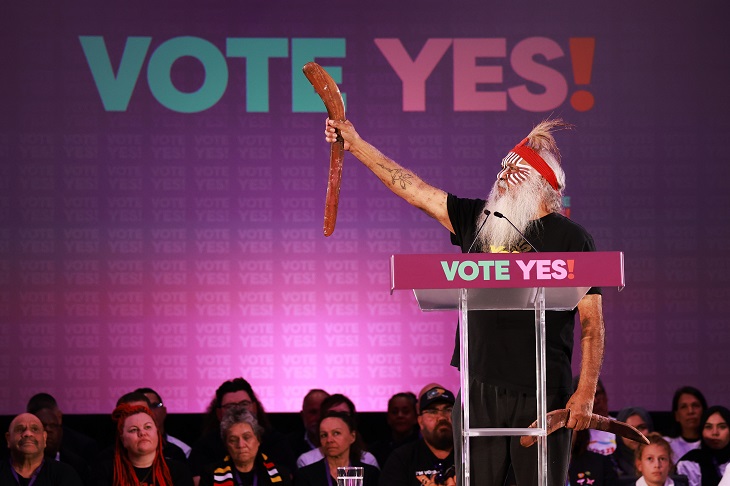
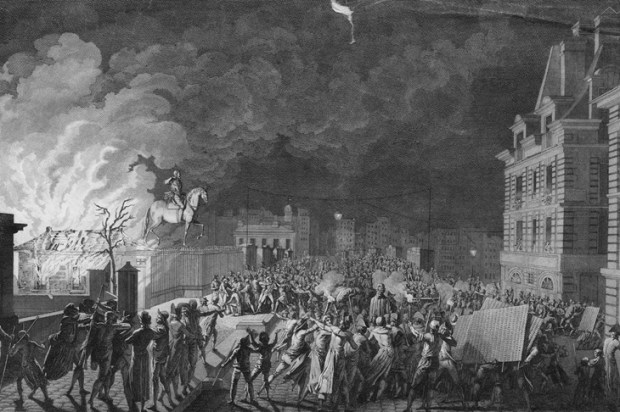
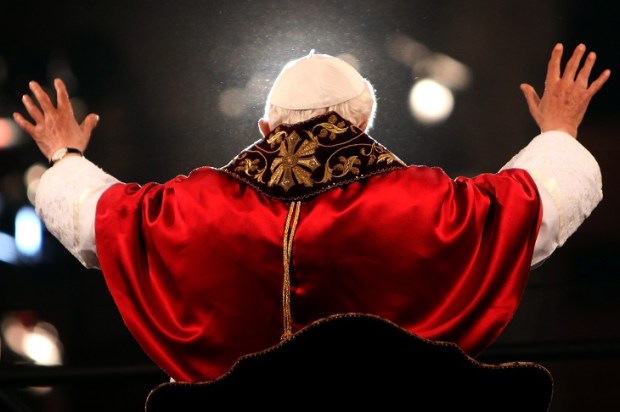
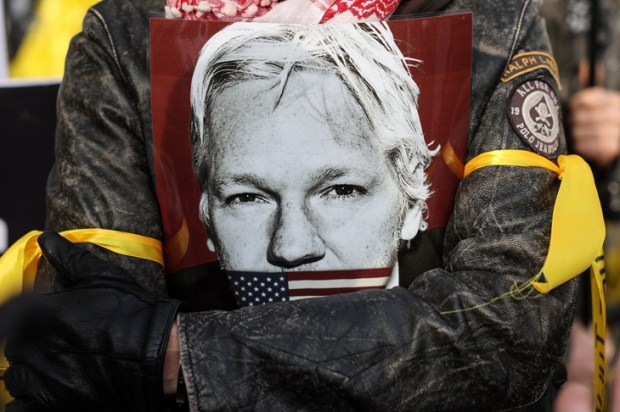


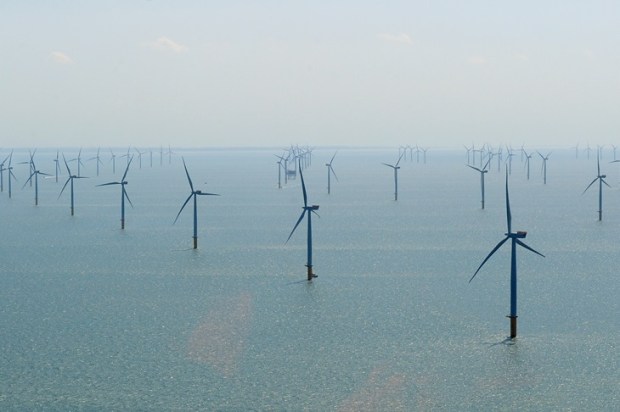


















Comments
Don't miss out
Join the conversation with other Spectator Australia readers. Subscribe to leave a comment.
SUBSCRIBEAlready a subscriber? Log in